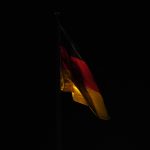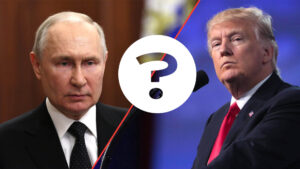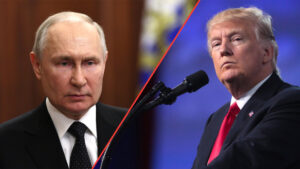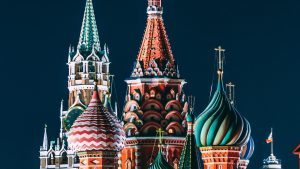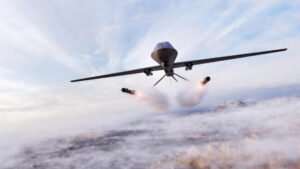The success of Ukrainian forces against Russian troops over the last week is forcing a series of reevaluations of Russian capabilities–especially in the places most of us might not yet be thinking about. There’s been a lot of focus on whether or not Russian threats have teeth. But what of Russian promises of support?
For a certain swathe of the world, particularly those countries hostile or indifferent to the US-led Order, Russia was about as good or proximate a neighbor as they could hope for. With Russian capabilities under serious scrutiny, countries from Armenia to Belarus to Syria to Mongolia and Moldova are going to see their strategic environments change rapidly.
There is an elephant in the room in many of these scenarios… and that’s Turkey. Whatever their current economic headaches, the Turkish state under Erdogan has maintained a constant march toward realizing a populist, Islamist-tinged, pan-Turkic nationalism that has played out in several ways. One of the most recent has been Turkey’s arming and not-so-tacit support of Azerbaijani aggression against Armenia. Even with Turkey’s erstwhile EU aspirations and current NATO membership, Ankara has been equally at ease in pursuing its own priorities during the bloc’s conflict with the Russians over Ukraine.
But perhaps nowhere will see the full unfurling of Turkish geopolitical ambition in the wake of Russian strategic senescence more than Syria. The Alawite regime in Damascus relies (relied?) heavily on its Russian and Iranian backers, and with Moscow out of the way Ankara faces little opposition. Squashing Kurdish ambitions, redrawing borders, setting up a puppet state, coordinating with Israel to counter Iran–all are on the table for a would be neo-Ottoman Turkey without strong pushback from Russia and Iran.
We have never and will never charge for our newsletters or videos, but we do have an ask. If you enjoy our products, we ask you consider supporting MedShare by clicking one of the links below. MedShare is an established non-profit organization that helps respond to medical need globally, including to the ongoing crisis in Ukraine.



